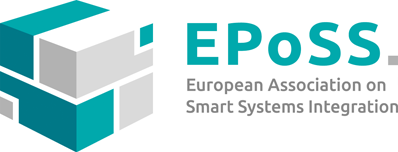Within the megatrend of digitising the society, all sectors will experience new concepts and approaches to respond to societal needs and to conceive products and services. The health sector will be no exception and has to rethink the role of healthcare in the society and redesign the provision of services to individuals. Digital technologies offer interesting opportunities to improve the healthcare system by providing more personalised approaches to cure diseases, by putting emphasis on preventing and predicting diseases instead of treating symptoms and by engaging with and empowering patients in a participatory approach.
In addition, digitising healthcare shall respond to crucial challenges that healthcare systems are currently undergoing and which can have dramatic consequences if they are not adequately addressed.
eHealth is often meant when speaking of digitising healthcare, but is actually only one side of the coin. Indeed in parallel to the software approaches to adapt existing or to create new tools to be applied in healthcare, digitisation does imply hardware-centric or hybrid hardware-software (smartware) solutions. Automation is one of these smartware approaches that supports digitisation of healthcare.
The European Technology Platform on Smart Systems Integration – EPoSS – aims at contributing to the societal challenge of digitising healthcare for the benefit of patients and the society by addressing the issue of automation in the hospitals, where the potential impact of smartware on the delivery of healthcare is greatest with respect to quality, accessibility and cost-reduction.
The main focus of EPoSS lies on the applications of Diagnostics and Therapy in the hospital, since these domains represent the highest potential of increased added-value through the integration of Smart Systems. However this doesn’t imply that automation may not have impacts on other applications, with benefits that may even extend beyond the hospital specific setting (facility-management, automated transport).
Share on

